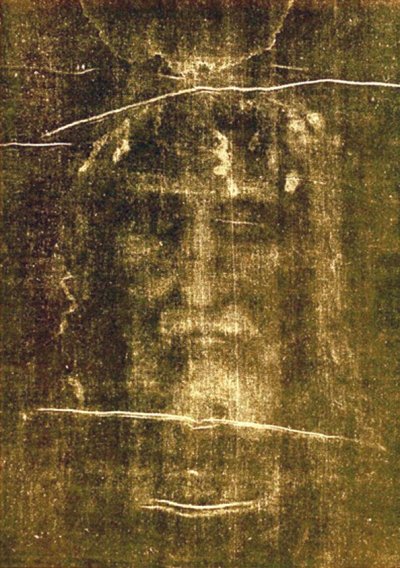The subhead of this informative Christian History essay says it all:
“The historical evidence contradicts this popular notion.”
But it’s worth reading the whole thing should you be called on to give reasons for your beliefs, which has been known to happen during Holy Week. A snippet:
The usual argument for the pagan origins of Easter is based on a comment made by the Venerable Bede (673-735), an English monk who wrote the first history of Christianity in England, and who is one of our main sources of knowledge about early Anglo-Saxon culture. In De temporum ratione (On the Reckoning of Time, c. 730), Bede wrote this:
“In olden times the English people–for it did not seem fitting that I should speak of other nations’ observance of the year and yet be silent about my own nation’s–calculated their months according to the course of the Moon. Hence, after the manner of the Greeks and the Romans, [the months] take their name from the Moon, for the Moon is called mona and the month monath. The first month, which the Latins call January, is Giuli; February is called Solmonath; March Hrethmonath; April, Eosturmonath … Eosturmonath has a name which is now translated “Paschal month” and which was once called after a goddess of theirs named Eostre, in whose honour feasts were celebrated in that month. Now they designate that Paschal season by her name, calling the joys of the new rite by the time-honoured name of the old observance.”
The first question, therefore, is whether the actual Christian celebration of Easter is derived from a pagan festival. This is easily answered…

